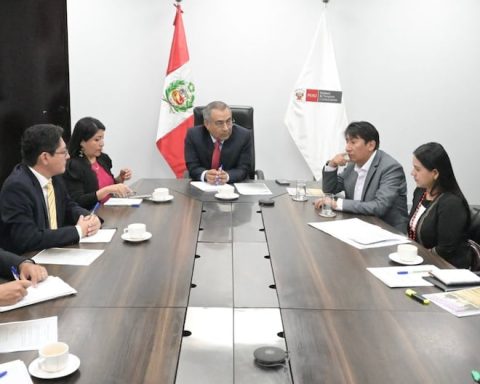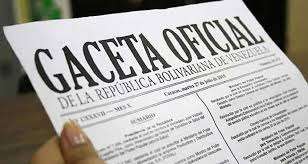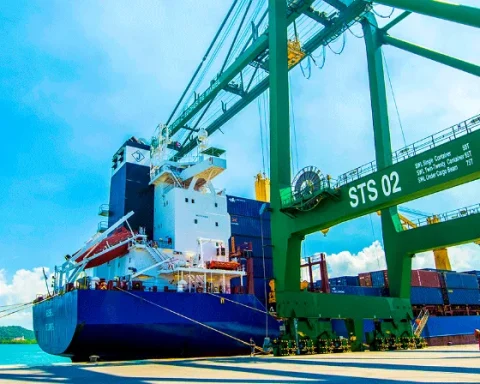And it is that of the 6.99 billion pesos (bp) managed by the 10 Afores in Mexico, only 154,006 million pesos (mp) are voluntary savings, that is, less than 2.2%.
“I can anticipate that the issue of voluntary savings is going to be a failure because people do not save voluntarily in general, it is not because they are pessimistic. I doubt they will find people who want to save voluntarily,” said former Consar president Carlos Ramírez .
The Consar prohibited on Tuesday that the Promoters receive a commission every time they change a worker of Afore and now this incentive is given based on the new accounts captured and that the workers save voluntarily. The measure affects more than 43,000 workers or promoters who are registered with the SAR.
The measure has not established the amount that workers must save or the subaccount in which this contribution must be valid.
“The economic incentives that the Afores grant to their promoters have led to the adoption of unfair business practices to the detriment of savers’ interests, such as the illegal sale of personal databases and the promoters of various Administrators colluding to maintain a continuous transfer of individual accounts with the aim of increasing their remuneration,” Consar detailed on Tuesday.
Carlos Ramírez recognized that although the commercial expenses made by the administrators is an undeniable problem and that this measure can prevent bad practices, it can also be counterproductive on the side of the promoters, since their income will be drastically reduced.
“The intention is good, it is necessary to reduce commercial spending and even with the best intentions I see many risks. The income of the promoters is not going to be enough to compensate what they had before and what we can see is a simulation where he pays him outside or we can see undue transfer problems. I think the risk is that a black market is created,” he warned.
The expert in pensions and retirement strategies, Moisés Pérez Peñaloza, said that there were promoters who received significant amounts of money and that in the remainder of the month, they can accelerate the number of transfers that are made to receive the last commissions.
“This comes into force on March 1 and the number of transfers that are being observed is incredible because they can still be paid,” he said.
In the long term, Pérez Peñaloza sees that one of the risks is that there will be layoffs by the Afores. “It’s a disincentive for the sales force and eventually the Afores can say they don’t need as many people anymore. I don’t think the Afores will increase the fixed income of promoters to overcome this ban,” he said.
For its part, the Mexican Association of Afores (Amafore), chaired by Bernardo González, stressed that the creation of a “provisional advisor” instead of a promoter agent will contribute to better advice for workers.
“In the Afores we agree and recognize that it will contribute in advising the worker so that he further develops his education and financial capacities that will allow him to obtain better savings during his working life and thus have a better retirement regardless of the Afore to which belongs,” he reported.
Individual Afores declined to comment on the new change in the promoter commission scheme.

















